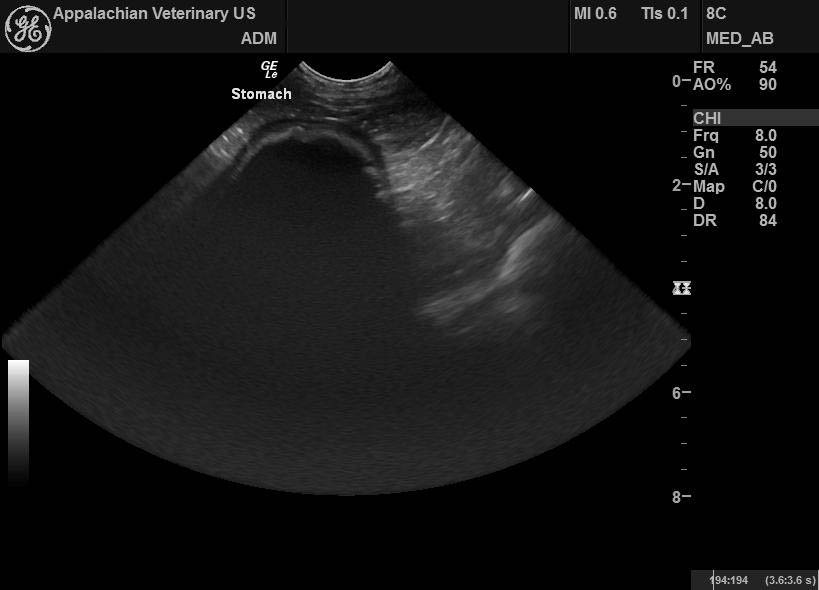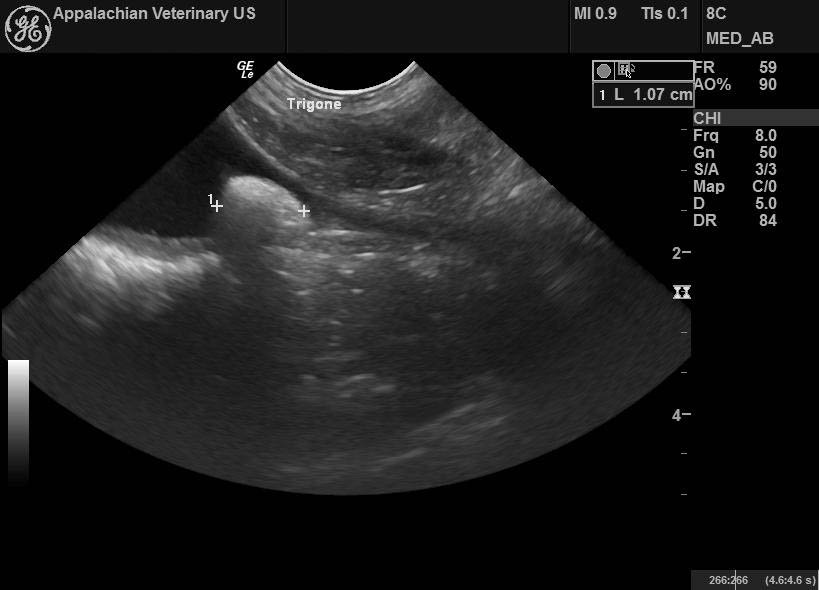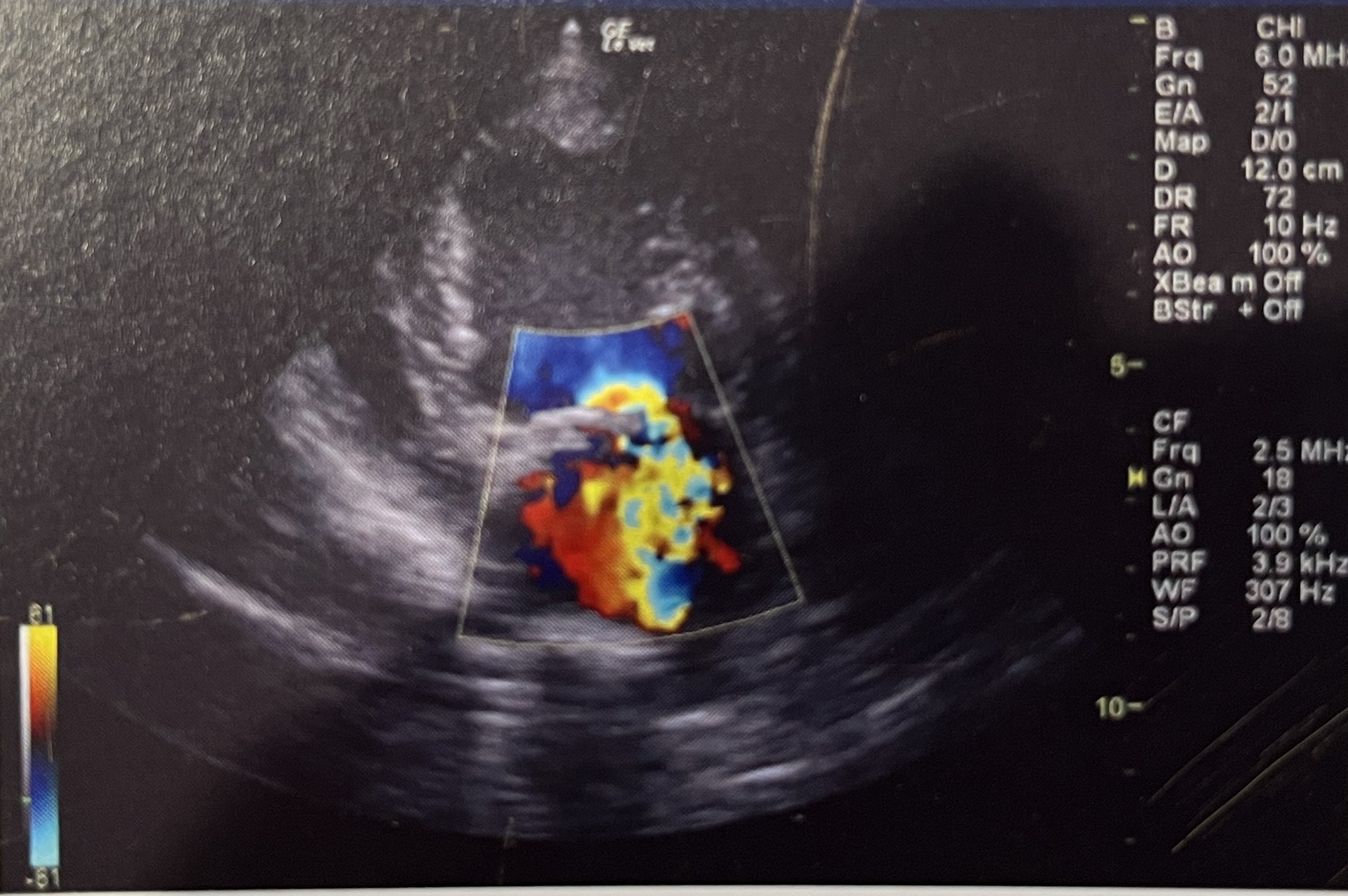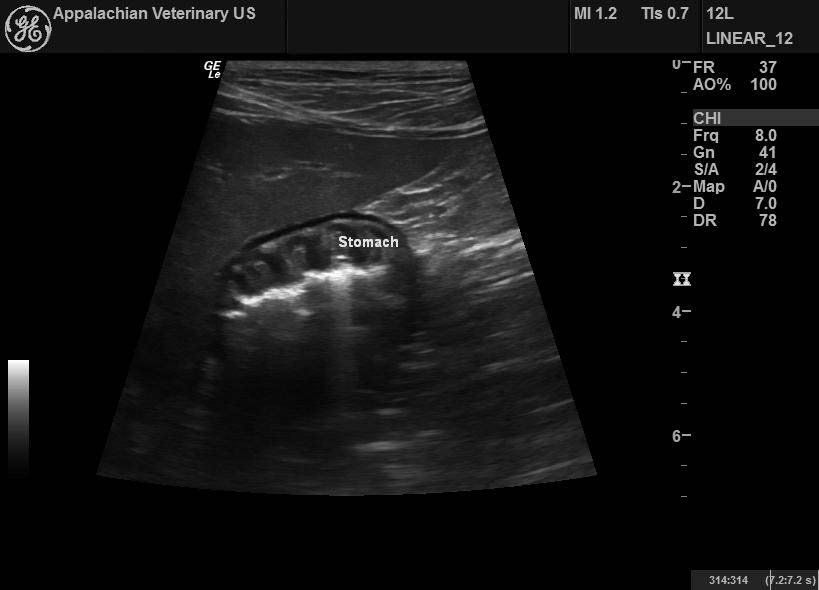
Frequently Asked Questions
Your veterinarian can answer most questions about the ultrasound process. Here are some commonly asked questions to help you on your way.
-
Appalachian Veterinary Ultrasound works directly with veterinarians, not pet owners. If you think your pet could benefit from an ultrasound exam, please discuss this with your vet and they will contact us to set it up if they feel it would be useful, or connect via our Vet Partners links.
-
Most ultrasound exams take approximately 30 minutes. When your veterinarian’s office calls us to set up an appointment we will provide an approximate arrival time (these are always +/- 30 minutes, due to unexpected cases at other clinics and traffic considerations).
It is highly recommended that you drop your pet off on the day of the ultrasound to avoid long waits, as we may have multiple patients at a time and we will do the illest patients first. -
If your pet is having an abdominal ultrasound it is important that they do not eat the morning of the ultrasound (water is fine, though) because food, and the gas that is produced with digestion, can interfere with a thorough evaluation of the abdomen. If your pet is having an echocardiogram fasting is not necessary.
-
Many pets do not need any sedation, as the ultrasound exam is not painful and the exam is performed in a dark, quiet room with gentle restraint techniques. We pride ourselves on our calming interaction with animals.
Our goal is to perform all ultrasounds without sedation. However, the ultrasound exam requires that the patient is lifted up onto a table and positioned on their back in a soft trough for the abdominal ultrasound or on their sides for the cardiac ultrasound. This can create anxiety for some pets and so we may request sedation if the pet’s anxiety seems to be excessive and interferes with the quality of the exam. Painful or aggressive animals will almost always need sedation for a good ultrasound experience for them and for us, as the sedatives also provide pain relief. -
No, only Dr. Cooper, her assistant, and hospital staff will be with your pet for the ultrasound.
This policy is for the benefit of your pet, as there is typically no room near the equipment for you to be close to your pet and we have found that pets are more agitated and anxious with the owner in the room, as they want to be with you. Please trust that they are in gentle, capable hands. A large part of being experts at performing ultrasounds is that we are also experts in making the experience as comfortable and stress-free as possible for your pet.
-
For stable patients, results will be provided to veterinarians within 24 hours.
For sick patients requiring immediate treatment decisions, Dr. Cooper will communicate with your veterinarian within 1 hour. -
Almost always, yes. Hair greatly interferes with the passage of the high-frequency sound waves used to generate the ultrasound images.
Pets will have their belly shaved for an abdominal ultrasound (unless they have very little, thin hair). For echocardiograms, a patch of hair will be shaved near each “armpit” area. Please do not ask us not to shave hair for cosmetic/aesthetic issues, this would only decrease the quality of the exam and limit the amount of information we can gather from the ultrasound (and hair grows back!).
-
The cost of services is determined by your veterinarian's office and varies depending on the type of ultrasound service being performed. Please inquire with your regular veterinarian as to the cost of services.
To find your vet or one closest to you visit our Pet Owners page.
Contact your vet to discuss ultrasounds in detail. If you don’t have a vet visit our Pet Owners page for a full list of our vet clinic partners.

Bladder Stone

Canine Heart with Mitral Valve Regurgitation

Normal Liver and Stomach

Sock in a Dog's Stomach
